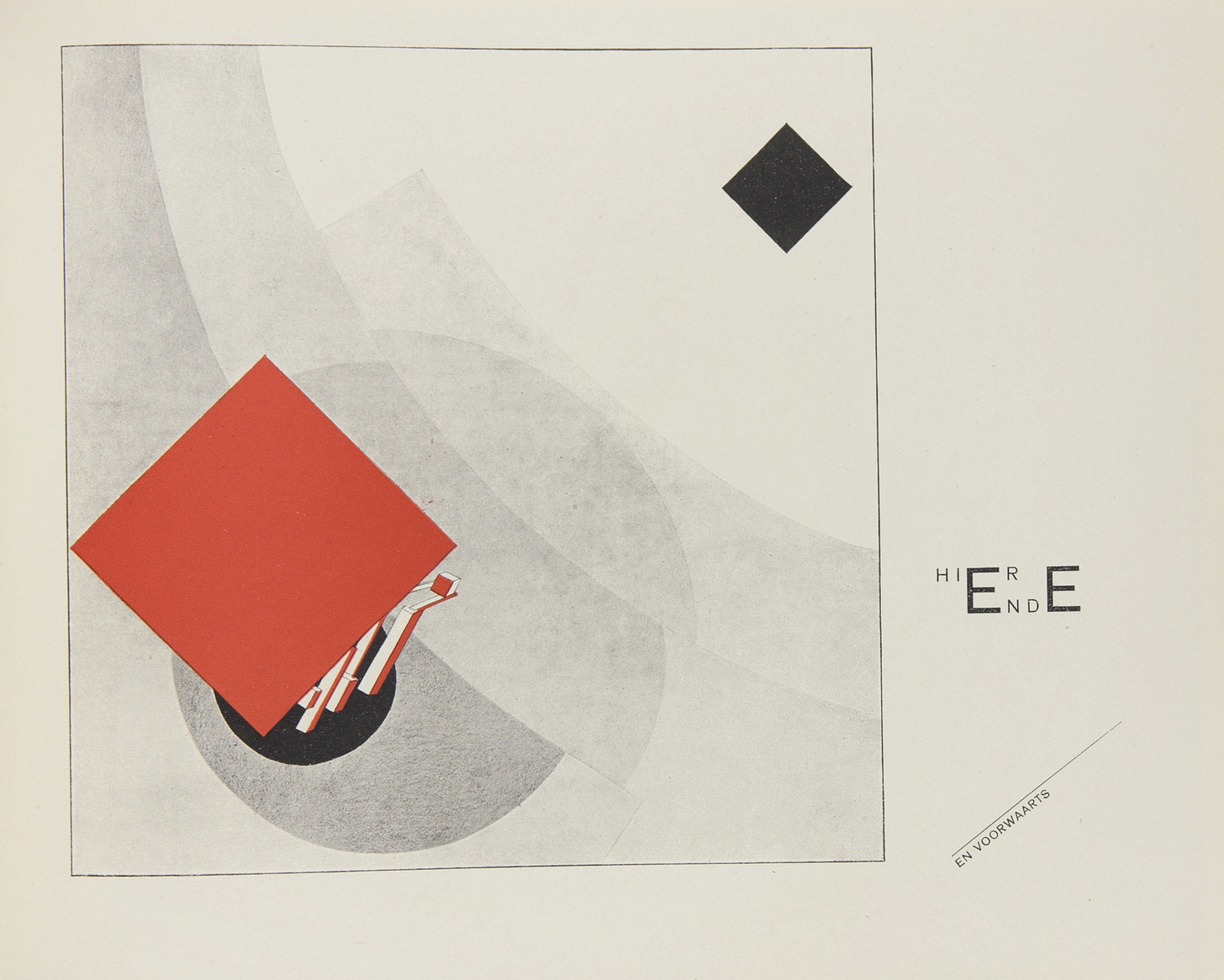The Rise and Fall of Claudine Gay
The leaders of American institutions no longer seem able to articulate actual principles.
In an ideal world, you wouldn’t need to care about Harvard President Claudine Gay. Sadly, we don’t live in that world. She is now the subject of considerable controversy, with mounting calls for her to resign after a subpar showing at a Republican-led congressional hearing last week. Her critics allege that she failed to take a strong enough stand again…




